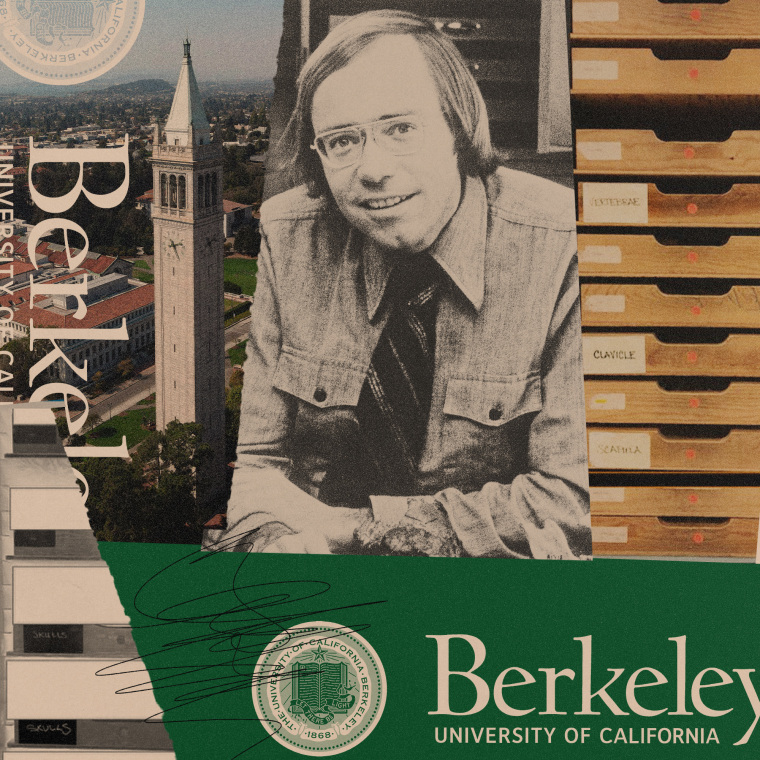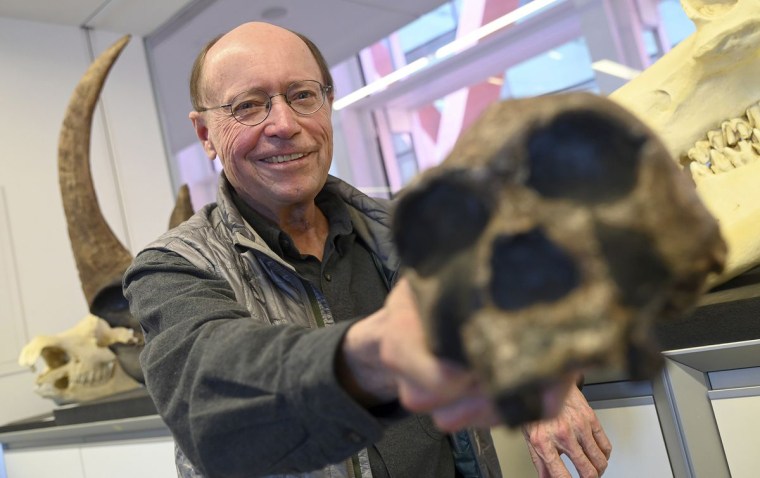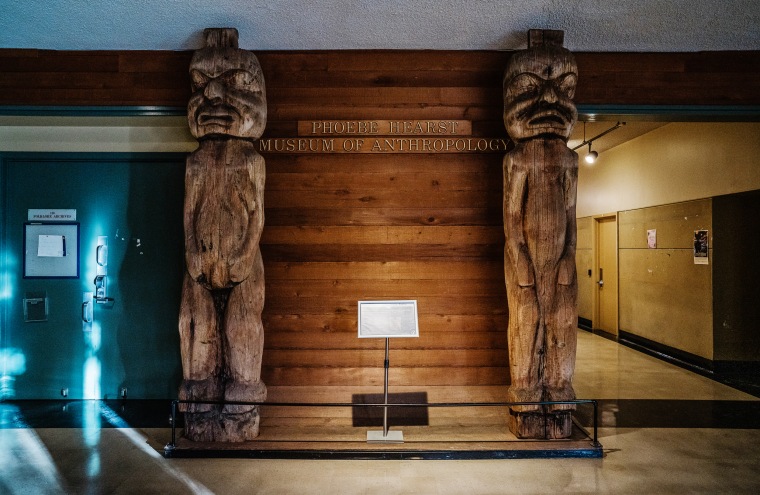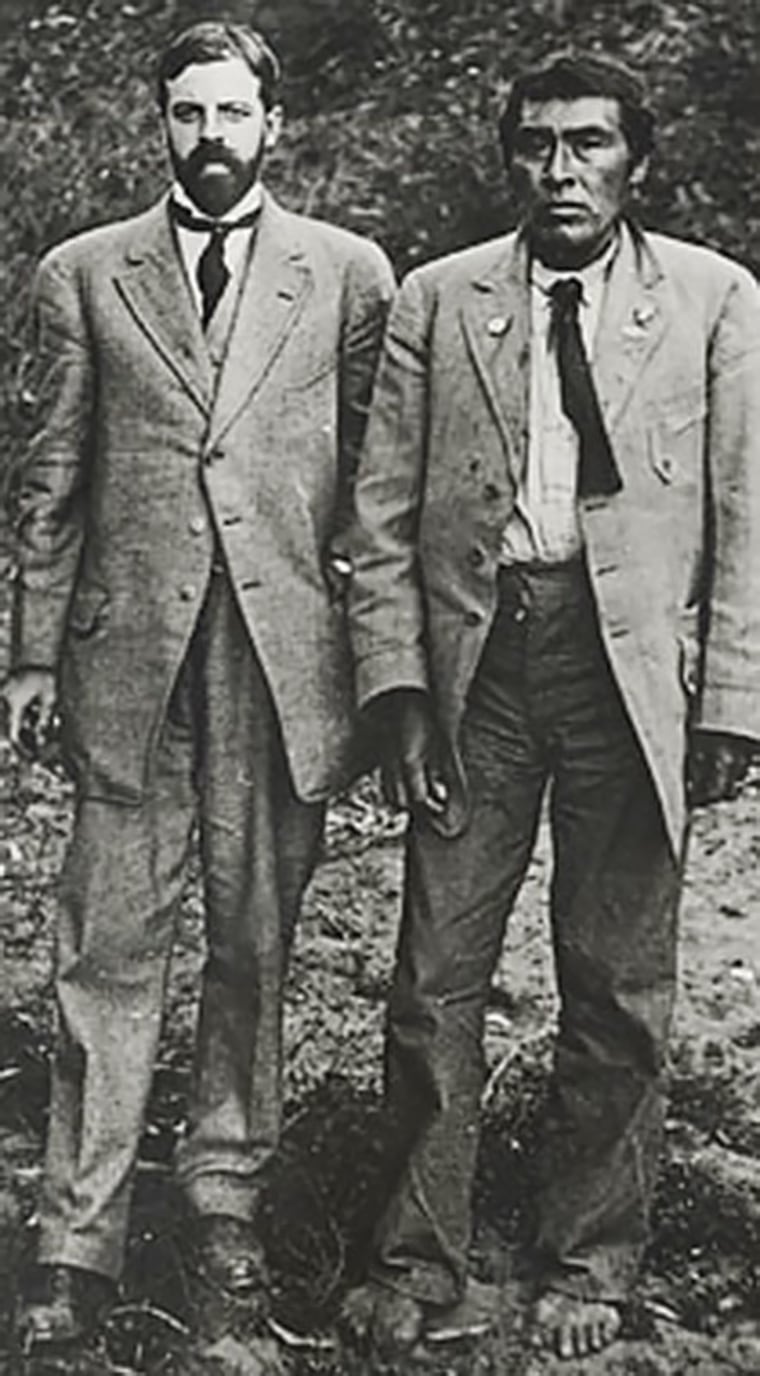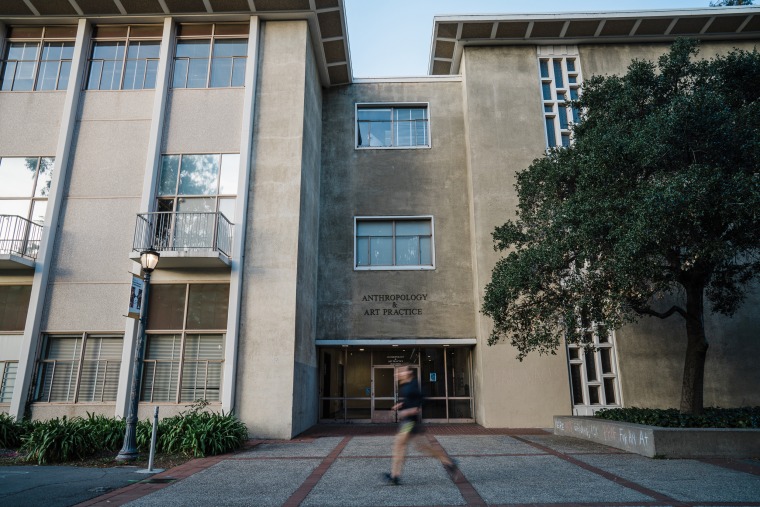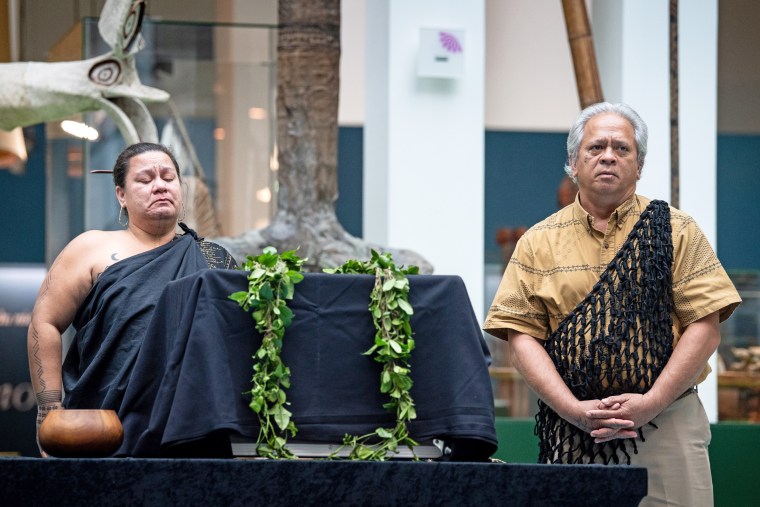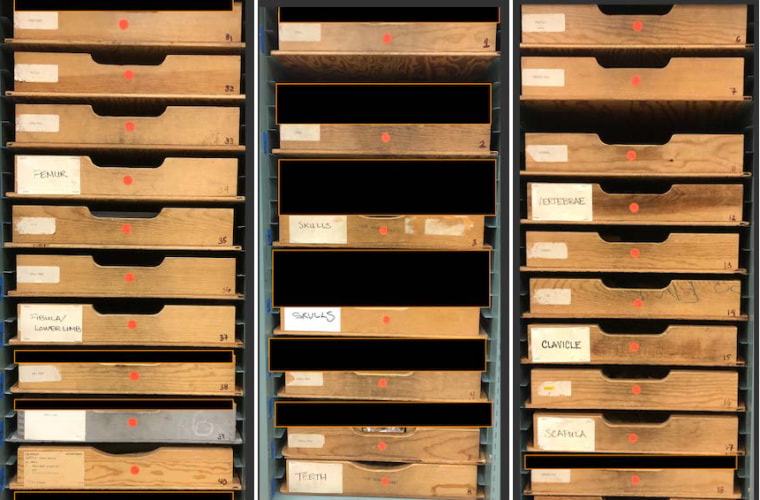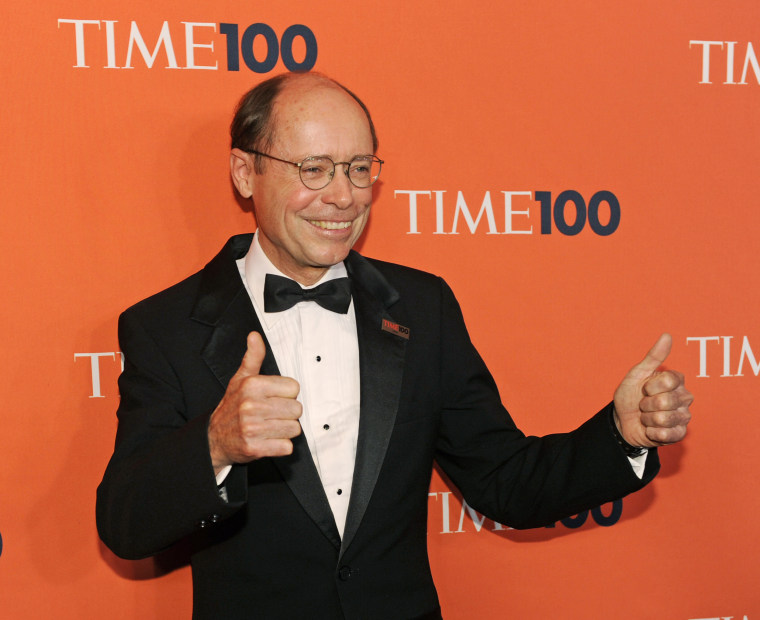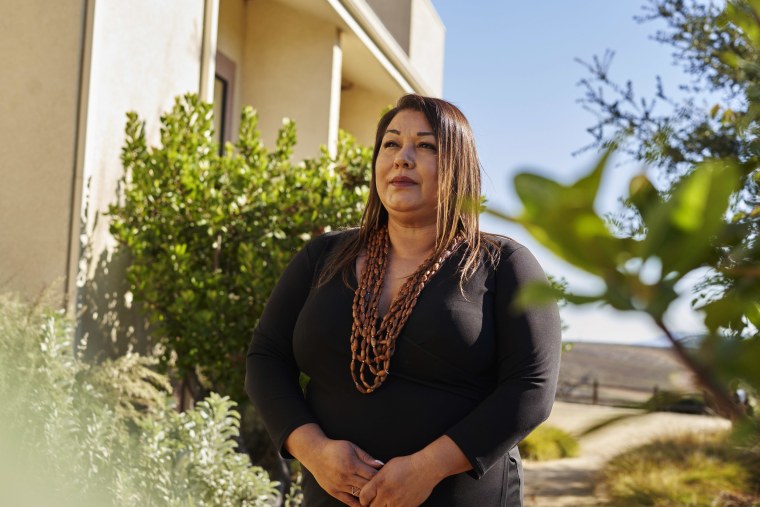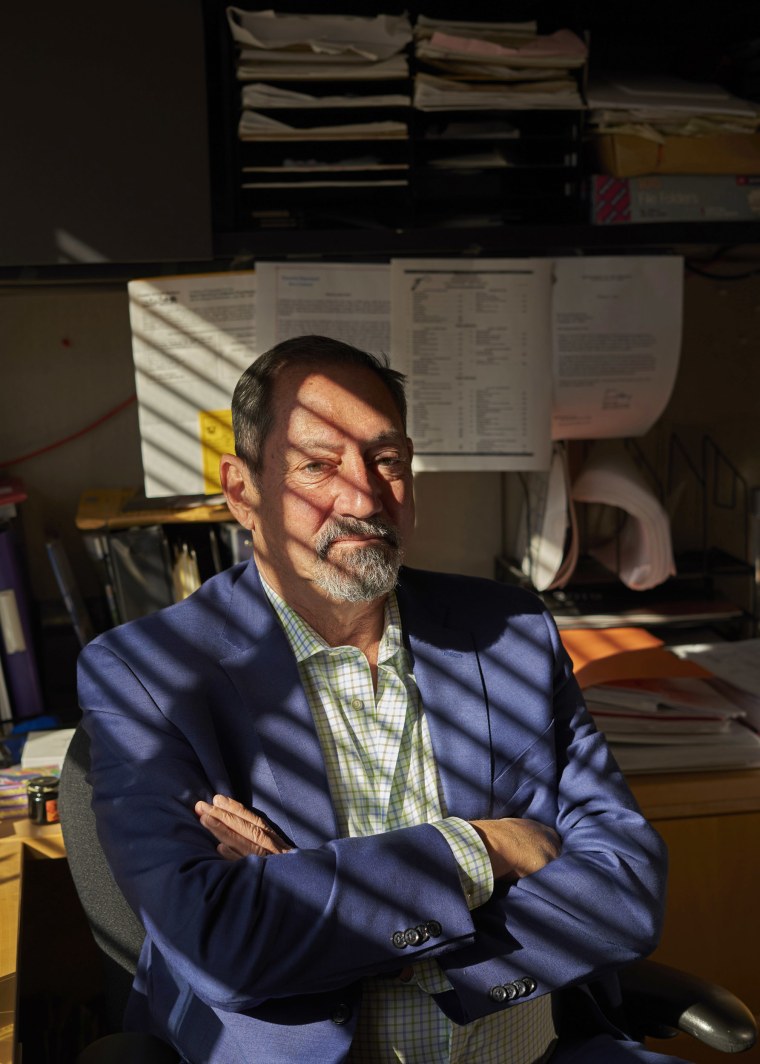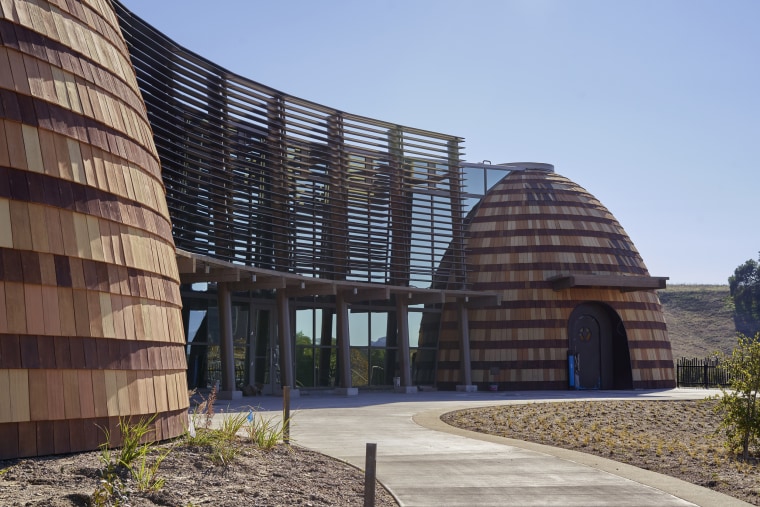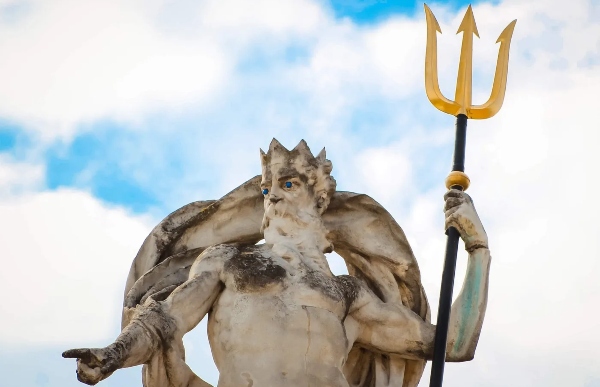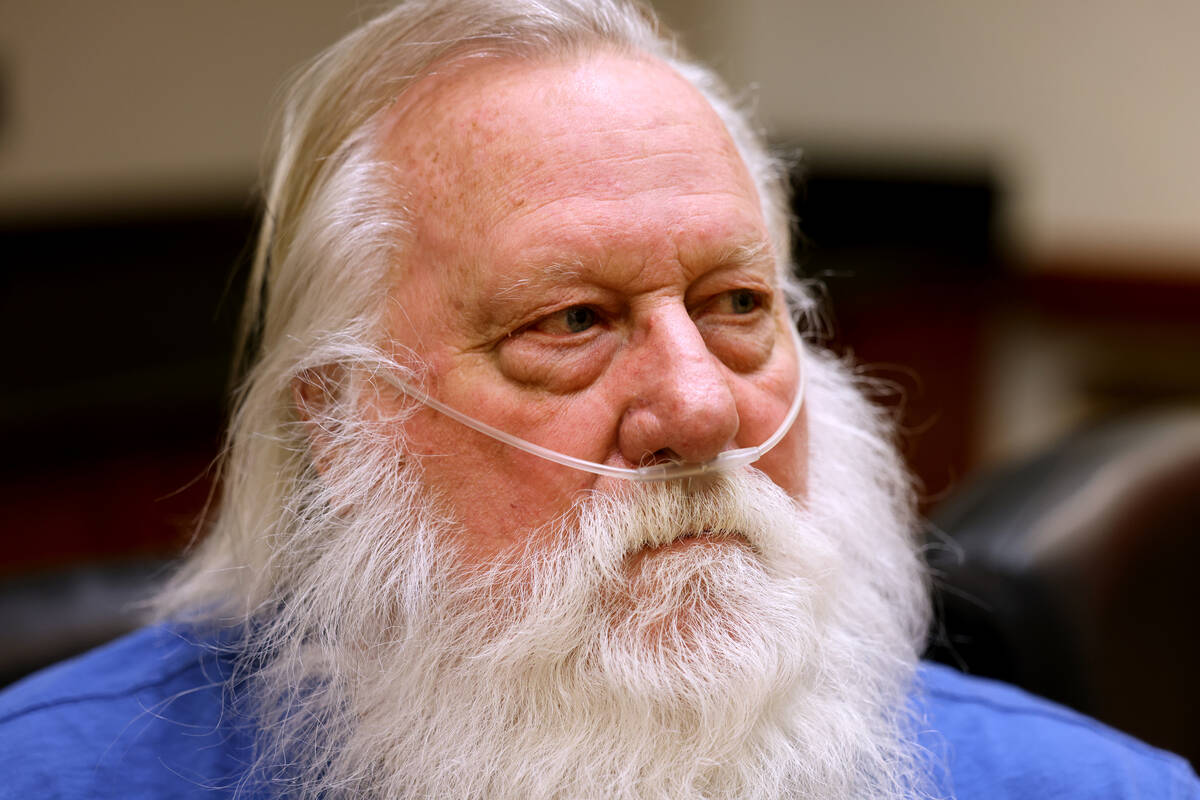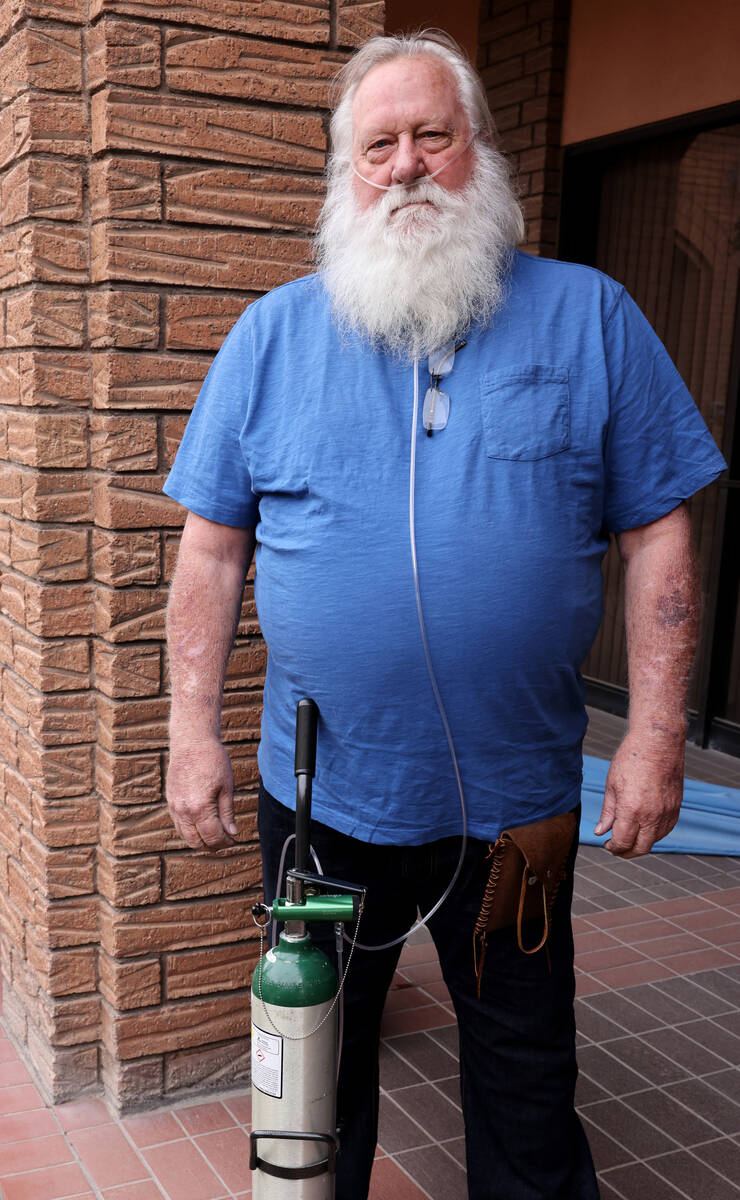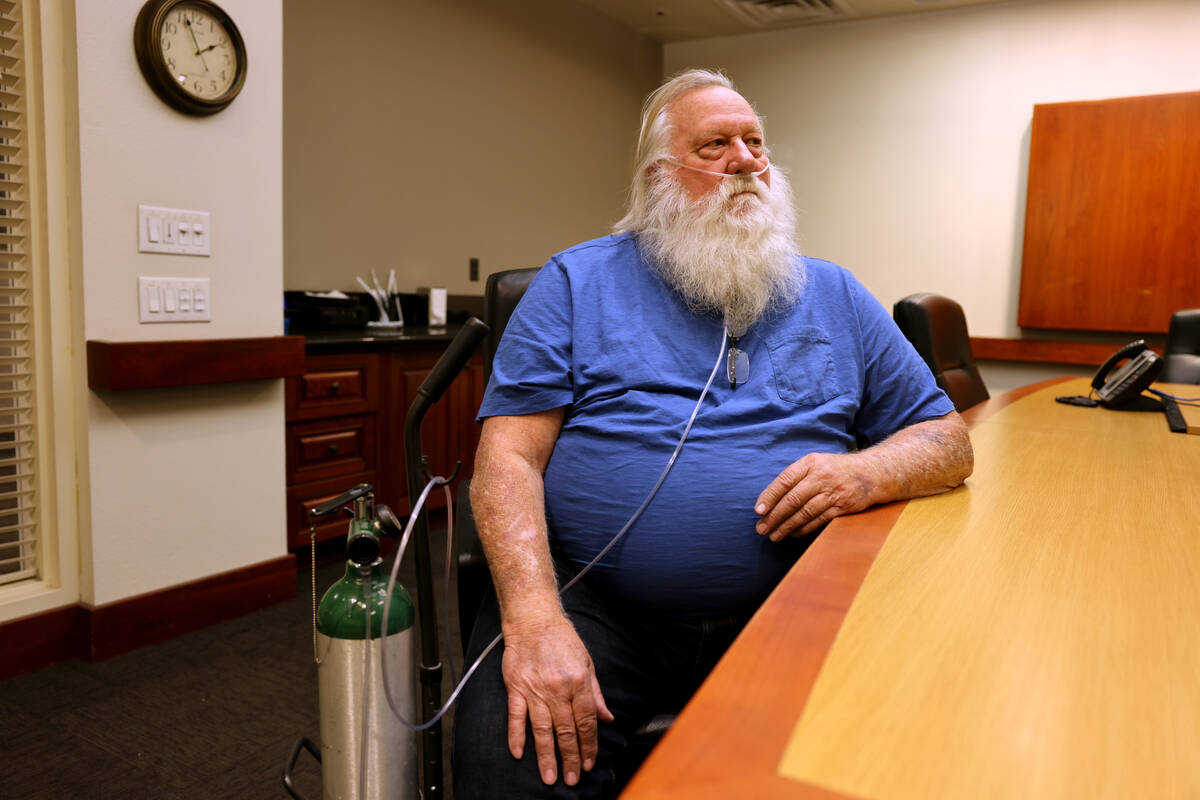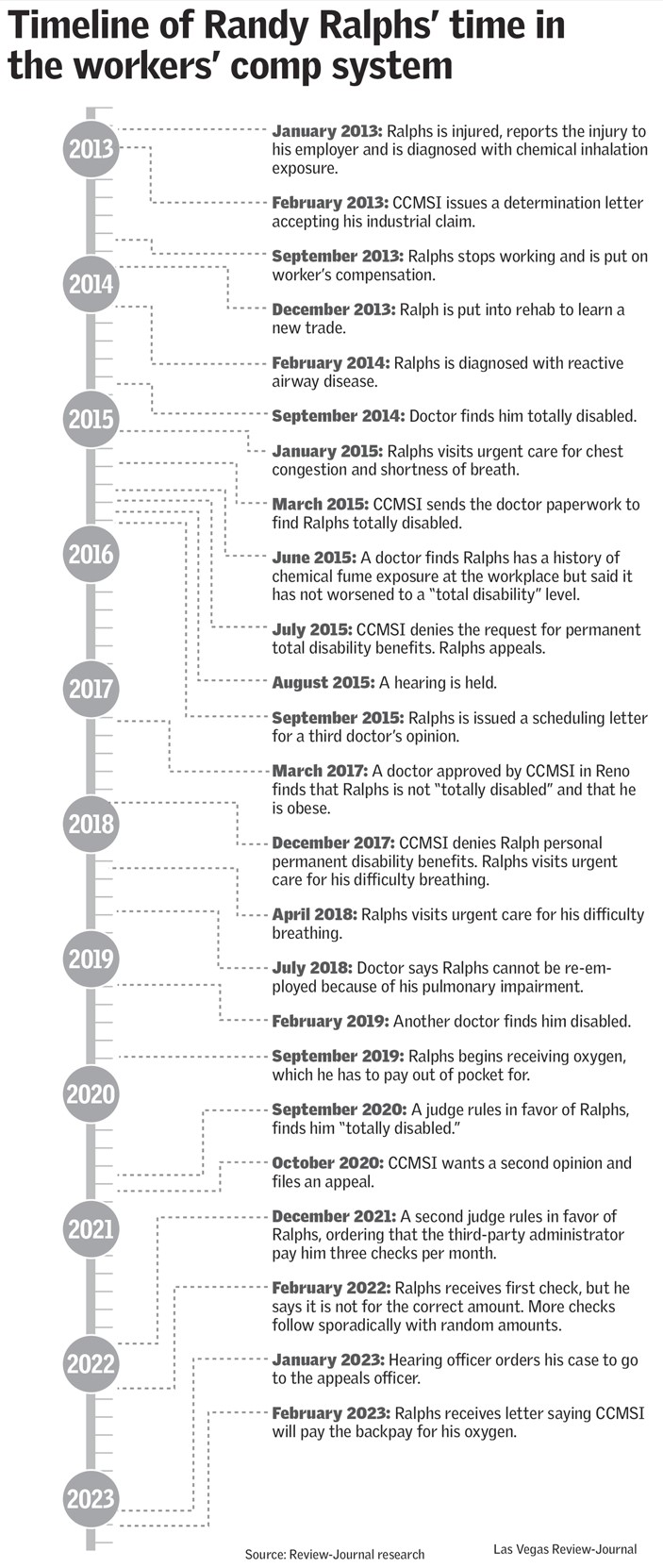ABC News’ Jon Karl interviews Marianne Williamson on “This Week.”
Marianne Williamson's 'This Week' interview: Full transcript about her 2024 campaign
The bestselling author talked about Biden, Trump and more.
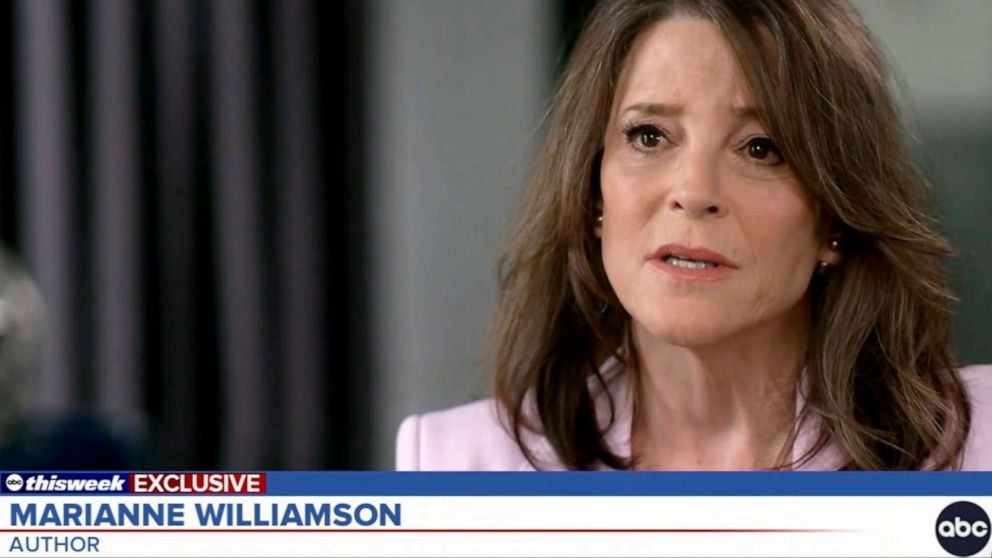
ABC News’ Jon Karl interviews Marianne Williamson on “This Week.”
Marianne Williamson on Saturday announced her 2024 campaign for the Democratic presidential nomination. On Sunday, ABC's "This Week" aired her interview with ABC Chief Washington Correspondent Jonathan Karl. Below is their complete conversation. For previous show transcripts, visit the "This Week" transcript archive.
JONATHAN KARL, CHIEF WASHINGTON CORRESPONDENT: Thank you for taking the time to talk to us.
MARIANNE WILLIAMSON, PRESIDENTIAL CANDIDATE: Oh, thank you for having me.
KARL: Why do you want to be president?
WILLIAMSON: I want to be president because this country needs to make an economic U-turn. Over the last 48 years, according to the Rand Corporation, $50 trillion has been transferred from the bottom 90% of Americans to the top 1%. And the system that effectuates and perpetuates that kind of income and opportunity inequality is not changing itself.
It tweaks itself every once in a while. There are some incremental change. But the devastation, the ubiquitous economic despair and human devastation that is produced by this sociopathic economic system is not changing. And it's not going to change if we continue to elect the same-old same-old.
KARL: So you -- so you said Washington is filled with good political car mechanics.
WILLIAMSON: Yes.
KARL: The problem is that we are on the wrong road.
WILLIAMSON: Mm-hmm.
KARL: So what's the plan? I mean, I understand your diagnosis of the problem. What's the plan for changing that?
WILLIAMSON: Well, it will help, first of all, with the whole system's breakdown. No one person is going to make all the difference. No one elected official is going to make all the difference. It's the people of the United States who have to rise up. But a president who lays down the truth and tells it like it is would help.
A -- a president who actually gets in there and actually makes appointments and takes actions that obstructs the overreach of unfettered, unregulated capitalism, that would help a lot.
KARL: You -- you have been called, I think it was the Associated Press said you are the longest of long shots. And, you know, look, you've never held elected office before.
WILLIAMSON: Mm-hmm.
WILLIAMSON: Mm-hmm.
KARL: What -- why do you think you can do this?
WILLIAMSON: I would bet that the Associated Press also said that Hillary Clinton was a shoo-in. I'm sure that they would --
KARL: I don't know if --
WILLIAMSON: -- have said --
KARL: -- they would've used that language, actually.
WILLIAMSON: Maybe not. But that --
(CROSSTALK)
WILLIAMSON: -- system, you know exactly what I'm saying.
So the system that is now saying that I'm unserious, I'm not credible, or I'm a long shot is the very system that protects and maintains this idea that only those whose careers have been entrenched within the system that drove us into a ditch should possibly be considered qualified to lead us out of that ditch.
My qualification is not that I know how to perpetuate that system. My qualification is that I know how to disrupt it. And that is what we need --
(CROSSTALK)
KARL: Disrupt it how?
WILLIAMSON: Oh, well, the first thing you can do is you can cancel all college loan debt. You can make sure --
KARL: Now Biden just tried that and then the courts --
WILLIAMSON: He tried.
KARL: -- stopped him.
WILLIAMSON: He -- he tried, yes. And some people think if he had just canceled the entire thing that -- and he had done it immediately, that would not have given his opponents the opportunity to wage the kind of battle against that that it has.
But it is so much more than that.
KARL: I mean, you still have the courts, you know?
WILLIAMSON: It is so much more than that. Let's stop pretending that there has been such a gargantuan effort that has been made. We were promised that the -- that the -- that the minimum wage would be raised for everyone, and then when the parliamentarian said no, we hide behind the skirts of the parliamentarian?
KARL: But there are rules of how you -- how you could accomplish things. And you do have to work through Congress. I mean, we don't have a dictator in this country.
WILLIAMSON: There are many things that the president can do without working through Congress. There are many things. The president declassify marijuana right now. The president could cancel college loan debt. The president could cancel all contracts --
KARL: Again, he tried to do that. He tried to do that.
WILLIAMSON: He tried to do that in which way are we saying?
KARL: Cancel -- cancel college loan debt.
WILLIAMSON: Well, he tried with the part that he has. And that is part of a larger picture. He also could demand that there be an audit of every single cent that is being spent by the Pentagon. We could also cancel all of the contracts with union-busting companies. We could also influence Congress and -- and support Congress in calling by subpoena every CEO of every -- every industry, whether it's airlines or big pharma or big food or anyone else that has been price-gouging the people of the United States.
There are many things that the president could do. This president -- and this -- I don't see myself as running against Joe Biden. I see this campaign as challenging a system. But this administration has given more oil (ph) --
KARL: But you do have to beat Biden to -- I mean --
WILLIAMSON: Well, yes, I do.
KARL: -- if you're going do this, you have to --
WILLIAMSON: Yes, I do. And I plan on pointing out, not with any kind of negativity on a personal level, I have -- I have no interest in taking potshots on any person, let alone to this president, he's a nice man. And he has given more oil-drilling permits to fossil fuel extraction companies than Trump did. He has talked about what a -- what a existential crisis it is, the climate change, on the -- at the same time, the Inflation Reduction Act gives 5%, the money that we give to the military only 5%.
This is how I see President Biden. He is helping people -- I think he has a good heart. He is helping people survive an unjust system. We need to do more than that. We need to end an unjust system. It's like when Eleanor Roosevelt said to Franklin Roosevelt, we need more than the amelioration of stress. We need genuine economic reform.
That would be universal health care. That would be tuition-free college and tech schools. That would be free child care. That would be --
KARL: I mean -- I mean, Biden has had initiatives on each of those. But you have to -- I mean, to make changes like that, you do have to get Congress to -- to pass laws.
WILLIAMSON: Not all of them. No, that's not true.
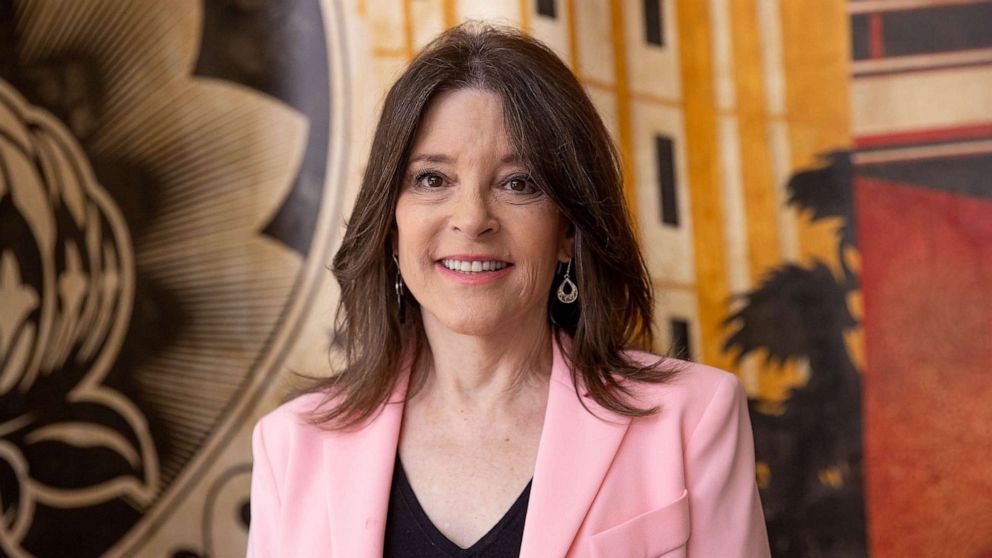
In this June 5, 2021, file photo, Project Angel Food Founder Marianne Williamson is seen at the AIDS Monument Groundbreaking in West Hollywood, Calif.
Emma Mcintyre/Getty Images for Foundation for AIDS Monument
KARL: I mean, universal health care, you're going to do that by executive order?
WILLIAMSON: Well, I will say this, what Libby, Montana, got -- where Libby, Montana, got that they got Medicare-for-All because of their emergency? So should Jackson, Mississippi. So should East Palestine. But it is more than that. This president has never used the bully pulpit to call for universal health care. This president has never --
(CROSSTALK)
KARL: I mean, he has been talking about health care for decades, to be fair. I mean, and -- and --
WILLIAMSON: That's right. But --
KARL: -- he was a big part of passing Obamacare and -- and --
WILLIAMSON: The -- the president has tried to improve Obamacare. Even with improved Obamacare, which I think he has accomplished to some extent, that is not universal health care. We have one in four Americans living with medical debt. We have 18 million Americans who cannot afford the prescription drugs that their doctors give them. We have 80 -- 68,000 Americans who die every year from lack of health care.
This kind of thing does not exist in other advanced democracies. Every other advanced democracy has universal health care. This is a moderate position in those countries. And it should be considered a moderate position here.
We're in a position, particularly as Democrats, when someone even makes the slightest effort, we go, “oh, that's so good”. And if they can't make it happen, “oh, poor baby”. You think the Republicans would treat their president that way if they failed to give them the blessings of democracy as they define them?
KARL: Well -- well, let me ask you this, because you endorsed Bernie Sanders when you got out of the race.
WILLIAMSON: I sure did.
KARL: You -- you called Elizabeth Warren -- I think you said she was a legend. I mean, you --
WILLIAMSON: She is. She -- I love those people.
KARL: Both of them have said that Biden deserves re-election.
WILLIAMSON: Well, that's their opinion. And this is the thing --
KARL: Are they wrong? So they're wrong?
WILLIAMSON: No, it's not about -- no. No, no, no. This is a democracy. This is not about what I think is wrong. Obviously I believe the American people should be offered an agenda for genuine, fundamental economic reform. And it should be the voters who decide. It should not be the DNC that decides. It should be the voters who decide. That is what a democracy is.
We -- this is not 100 years ago when a bunch of men smoking cigars get to sit around a table and decide the nominee.
KARL: Do you expect the DNC to have debates?
WILLIAMSON: Pardon?
KARL: Do -- do you expect to -- do you expect that Biden will debate you?
WILLIAMSON: He certainly should debate me. It's called democracy. And I'm running as well.
KARL: And -- and what about this notion of taking New Hampshire out of its -- out of its position as first? You're going to New Hampshire.
WILLIAMSON: I can tell you that New Hampshirites are not happy about that. The fact that the --
KARL: So will you be competing in the New Hampshire Primary?
WILLIAMSON: Absolutely --
KARL: Even though the DNC has said --
WILLIAMSON: -- I will. This is a democracy. This is the thing.
KARL: Yes.
WILLIAMSON: The DNC should not be rigging this system. They don't even pretend anymore. They're not even covert about their -- their swaying the -- the primary season. They're very overt about it. They're going to get --
(CROSSTALK)
KARL: So that's what's going on, is they're rigging the system for Biden.
WILLIAMSON: They even admit that, Jonathan.
KARL: OK.
WILLIAMSON: They admit that. They know that the president did not do well in New Hampshire. They know that New Hampshirites are very open to independent and more progressive voices.
KARL: Mm-hmm.
WILLIAMSON: And they know that they -- he did very well in South Carolina. They're not even -- you know this, I know this, they know this. And they're not even pretending otherwise.
KARL: Do you think Biden is too old to run for re-election?
WILLIAMSON: No. I -- I'm -- I'm not going there. I don't think ageism has any place in our -- in -- in our thinking. But I do think that the American people obviously know what the statistics are. They -- they know that --
KARL: What statistics?
WILLIAMSON: Well, the -- just the statistics as we get older. And -- and -- and the importance of who the vice president is, et cetera.
But once again, it should be the people who decide whether or not they feel any factor, the president's agenda or the president's personhood, would make them either vote for him or not vote for him.
KARL: So what is -- I mean, you're basically saying -- I know you're not going to make this personal, but you're basically saying that Biden doesn't deserve a second term.
WILLIAMSON: I wouldn't -- the word “deserve” is not what comes up for me. Those are your words. I'm saying that the president --
KARL: OK. But you're saying that he should -- he -- he should not be president again.
WILLIAMSON: Well, I'll tell you this. I do not believe that that is the winning ticket for 2024.
KARL: Will you endorse him if he wins the nomination?
WILLIAMSON: I will certainly endorse the candidate who I feel can beat the Republicans, absolutely.
KARL: So but -- but if he's the Democratic nominee, will you endorse him?
WILLIAMSON: I -- I will -- I will do whatever I feel I can do as an American to make sure that the neo-fascist threat that is represented by some aspects of the Republican Party does not win in 2024.
KARL: But you wouldn't run as a third party candidate if you lost --
(CROSSTALK)
WILLIAMSON: I'm not saying that I would run as a third party candidate. And I certainly wouldn't --
KARL: Are you saying you wouldn't, though?
WILLIAMSON: I'm saying that I will do what I can, as an American, a patriotic American to make sure that the overriding issue is addressed. And that's that the Neo-fascist threat of authoritarianism that is far too present in the current establishment of the Republican Party does not win the White House in 2024.
KARL: Is America better off? The old question is America better off. Were you better off now than you were four years ago? How would you Is America better off because Biden was elected president.
WILLIAMSON: 20% of Americans are doing very well in this economy. But that 20% are living on an enchanted island that is surrounded by a vast sea of economic despair and anxiety. That’s why--
KARL: So is the answer no, you don't think America is better off because Biden --
WILLIAMSON: America is over 360 million people. What I'm saying is the 20% of Americans are probably better off–
KARL: What about the other 80%?
WILLIAMSON: The other 80% are drowning, the other 80% are filled with people 1/3 of America's workforce that lives on less than $15 an hour, the other 80% of Americans, 64% of Americans, who are living paycheck to paycheck that people who are working full time at less than minimum wage, can't even afford a place to live. We're talking about 85 million Americans who are underinsured and underinsured. No for them, the economy is not going well. And they know that.
KARL: Let me ask you a bigger picture–
WILLIAMSON: So If I may say so,
KARL: Yes.
WILLIAMSON: If I may, for the Democrats to run in 2024 on the idea that the economy is doing well. That right there shows the unbelievable disconnect between DC think tanks and the visceral experience of the majority of Americans.
KARL: Do you think Trump could beat Biden?
WILLIAMSON: I would do everything I could to make sure that didn't happen. But it's not you know. This predictive thing is so silly. Nobody thought that Trump could beat Hillary, you know, this is not a football game. This is the state of our democracy, our environment and our economy that we're talking about. It's not a football game.
KARL: But let me ask you about your candidacy. You said last cycle that the media got you wrong by portraying you as anti-science, anti-vax, a crystal lady.
WILLIAMSON: Yeah.
KARL: So, how should Democrats view your candidacy?
WILLIAMSON: Well, I am an American, but I am Excuse me? Well, I am a Democrat, but I am an FDR Democrat. I think that I returned to the principles of FDR, a significantly unabashed advocacy for the working people of the United States is the great unfinished business of the Democratic Party. There are a lot of corporatist elite, establishment Democrats who look at progressives, such as myself and say, we're trying to hijack the party, they hijacked the party. I'm old enough to remember a time when the Democratic Party more than not, did make an unequivocal stance, we're now at a point where we have a Democratic president siding with the railroad, as opposed to with the workers on that railroad who only want sick pay. No, the Democratic Party needs to be a conduit for the healing of this country. But first, the Democratic Party needs to look in the mirror and heal itself.
KARL: You've talked a lot about cutting defense spending, how much? How much would you cut --
WILLIAMSON: You know, I'd like to see 30%. But that's not going to happen. So, you know, I understand that. I think what we need to have as a serious conversation about the fact that it was $858 billion, that it is today, so much more than any other nation, there are people within the military themselves. Who would say that this is more than we need for actual --
KARL: Where would you cut
WILLIAMSON: -- actual security.
KARL: -- for security?
WILLIAMSON: I don't know specifically where I would cut it from. But I'll tell you this much, when -- when you're looking at what should the United States be concerned about in terms of dangers coming down the road? I think climate change in many people's minds is a bigger danger. And I'm not under estimating or minimizing some of the international dangers that exist. But I think that if we're really talking about keeping this country secure, this has more to do with money for defense contractors for Northrop Grumman for Boeing for Raytheon, then it has to do with the genuine security concerns of the American people. And the difference between now and even four years ago, is how many people now see that.
KARL: You've supported much of what the administration has done–
WILLIAMSON: Pardon?
KARL:You've supported much of what President Biden has done in Ukraine. But I want to ask you something you said right after the invasion, you said Putin is a madman, but his madness has been matched by a madness of our own. Do you really --
WILLIAMSON: But not in this situation.
KARL: But do you believe?
WILLIAMSON: What do you think Iraq was? I think the imperialism of Iraq the imperialism of the last 20 years, not --
KARL: Do you think that's the same as Putin invading Ukraine?
WILLIAMSON: There, there-- listen, we're talking about a bad guy versus a really, really, really bad guy. Let's be very clear here. The United States needs to look in the mirror. Vietnam should-- War should not have occurred. The Iraq war should not have occurred. The last 20 years in in Afghanistan were a moral and military failure, millions of people Around the world and thousands of Americans died --
KARL: But this is entirely different than a war of conquest, isn't it? I mean, Putin invaded another country --
WILLIAMSON: And I'm -- oh, and I -- excuse me, I support the President's basic policy here. If we were to if we were to withdraw military support from Ukraine right now, there would be no Ukraine. That is not acceptable to me.
KARL: So, you support, you support the funding of the Ukrainian military, the sending of weapons over there --
WILLIAMSON: Right now -- well, I feel --
KARL: -- setting up tanks.
WILLIAMSON: I feel the President is being careful he is being considered. He has said no jets for now. So, right now, I basically I while I do not support all of the rhetoric of the president regarding -- regarding this war, for the most part, for the most part, I support that policy.
KARL: I'm gonna ask you something else that you said, though, in the earlier stages of this war, you said “there is certainly enough blame to go around, and that includes the United States. For years, we've been encouraging Ukrainian behavior that posed a threat to Russia's sphere of influence. Any American can appreciate that if Canada or Mexico aligned itself with the Russian military interests, we would cry foul to say the least”.
WILLIAMSON: I do not think the United States should be proud of some of the ways we dealt with NATO. I think it is a general consensus even in this town that the missiles in Poland, the HHS missiles were not a good idea. But please don't get me wrong. And don't let your viewers get me wrong. I am not equating America's behavior in this situation with Vladimir Putin. Nothing that the United States has done justifies the this is a brutal dictator, dictator, and nothing that the United States has done, justifies what he is doing.
If we're going to be anti-imperialist about America, we have to be anti-imperialist about Russia. What the United States needs to stand for in every situation is negotiation and diplomacy. The only question right now even Milley said the RAND Corporation said, General Milley and the RAND Corporation have both said, this is going to end with negotiation, this is going to be negotiated into a conflict. The only question now is, at what point is that possible in a way that supports Ukraine the most? And I think that’s what we’re trying to do--
KARL: Yeah at what point can you get Putin to negotiate?
WILLIAMSON: That's well, not -- not -- not right now, because he feels he's winning the war. And that is why I support our policies at this time.
KARL: Do you think America is the greatest nation on Earth?
WILLIAMSON: I think that the -- no, I don't think that God -- I think God created all people equal. So, that kind of talk is seventh grade, and sophomoric and does not serve us. I think that there are exceptional principles, the exceptional principles at the core of our Declaration of Independence, that all men are created equal is -- is exceptional, that God gave all men inalienable rights of life, liberty, and the pursuit of happiness, that's exceptional, that governments are instituted to secure those rights. And it's the right of the people to alter it if the if it is not doing so that is exceptional. However, the fact that your principles are exceptional, doesn't mean you're actualizing those principles some generations have in really brilliant ways and some haven't, and we are right now experiencing the same struggle, as other generations have between those who seek to expand the democratic -- democratic franchise and those who seek to narrow it.
KARL: Let me ask you about China, because President Biden suggested is the biggest long term threat facing the United States. How, as President, would you handle China if they invaded if China invaded Taiwan?
WILLIAMSON: First of all, I don't like the saber rattling that's even involved in that question. China's economy is not doing well. We must keep our competition with China off the battlefield. China knows that we and other Western and Western allies could cause a lot of problems for them economically, if they were to do that, just as we know that they could mess with us. We must be very careful, we must be very firm, we must not let them bully us or our allies. But we -- as much as we must make a stand for such things as human rights. At this point, we must be committed that this not spill over into a military confrontation.
KARL: But should we be committed to defending Taiwan?
WILLIAMSON: There are ways to defend Taiwan other than military. And I don't think I don't think that Taiwan appreciates that Americans are having this conversation the way they are. They have played this very carefully. They keep their heads down. They don't even go there--
KARL: They invited Nancy Pelosi to come--
WILLIAMSON: Did they invite her? There are many there were many Taiwanese who were not happy that she was coming there at all.
KARL: OK, last question. You in a in a blog post talking about possibly running for President recently you said “Change is inevitable in this country. We are either going to have a peaceful revolution or a violent one". What do you mean by that?
WILLIAMSON: Excuse me, did you not cover January 6th?
KARL: Yes, oh I did.
WILLIAMSON: What is happening in this country is that people who -- who are experienced vast amounts of economic fear anxiety, when you have this much economic anxiety, and millions and millions of people experiencing that kind of desperation-
KARL: Do you think January 6th was about economic anxiety?
WILLIAMSON: No, I did not say that.
KARL: Well --
WILLIAMSON: But I do think that the election of President Trump the first time in many ways was. Just as I feel that the support of Bernie Sanders, Bernie Sanders and Donald Trump have both said to the American people, “I understand your rage. I understand you're upset with an obviously economically rigged system.” And that is what the Democrats need to offer in 2024, a president who isn't just saying, “oh, it's going well,” to millions of people for whom nothing like that is true, but rather we understand that you are living at the effect of an unjust economic system. And we are going to change that.
KARL: But do you think we may see a violent revolution in this country?
WILLIAMSON: Hear me out. We -- I think people, particularly people living in this town, it's so interesting in this town, I'd always heard it was a bubble. It's actually more like a walled city. Sometimes I don't think people in this town even know what's going on out there. Obviously didn't know what was going on there in 2000s, out there in 2016. I think that people who are at their wit's end are closer to the gates of the Bastille than we have any idea. All kinds of chaos could erupt, all kinds of chaos is already erupting in our society, chaos inside people, their addictions, their suicides, their depression, we must address the suffering that is going on within the hearts of so many millions of people.
KARL: That sounds a little bit like American carnage. I mean, your -- your -- your description.
WILLIAMSON: American Carnage? Yeah, that was -- oh, no, absolutely it is not, because this is what I'm saying. He wanted to exploit that pain for his own. What you're referring to the president, the president exploited that pain for his own political purposes. His own, his own Son in law said that he had said to his father-in-law, there are a lot of angry people out there, we could harness all that and elect you president. I'm saying there's a lot of dignity, decency, intelligence and love out there. And we can harness that for political purposes, we but we must make that U turn. We are supposedly a country based on liberty and justice. We do not have economic justice, or environmental justice, or criminal justice or racial justice in this country. And candidates who pretend otherwise, are not going to be able to reach into the hearts of the American people in lit and win in 2024. And even more importantly, will not be able to repair the incredible damage that has been done to this country over the last 50 years.
KARL: All right. Well, thank you for taking the time to talk with us and we'll be following your campaign.
WILLIAMSON: Thank you very, very much.
KARL: Thank you. Excellent.
